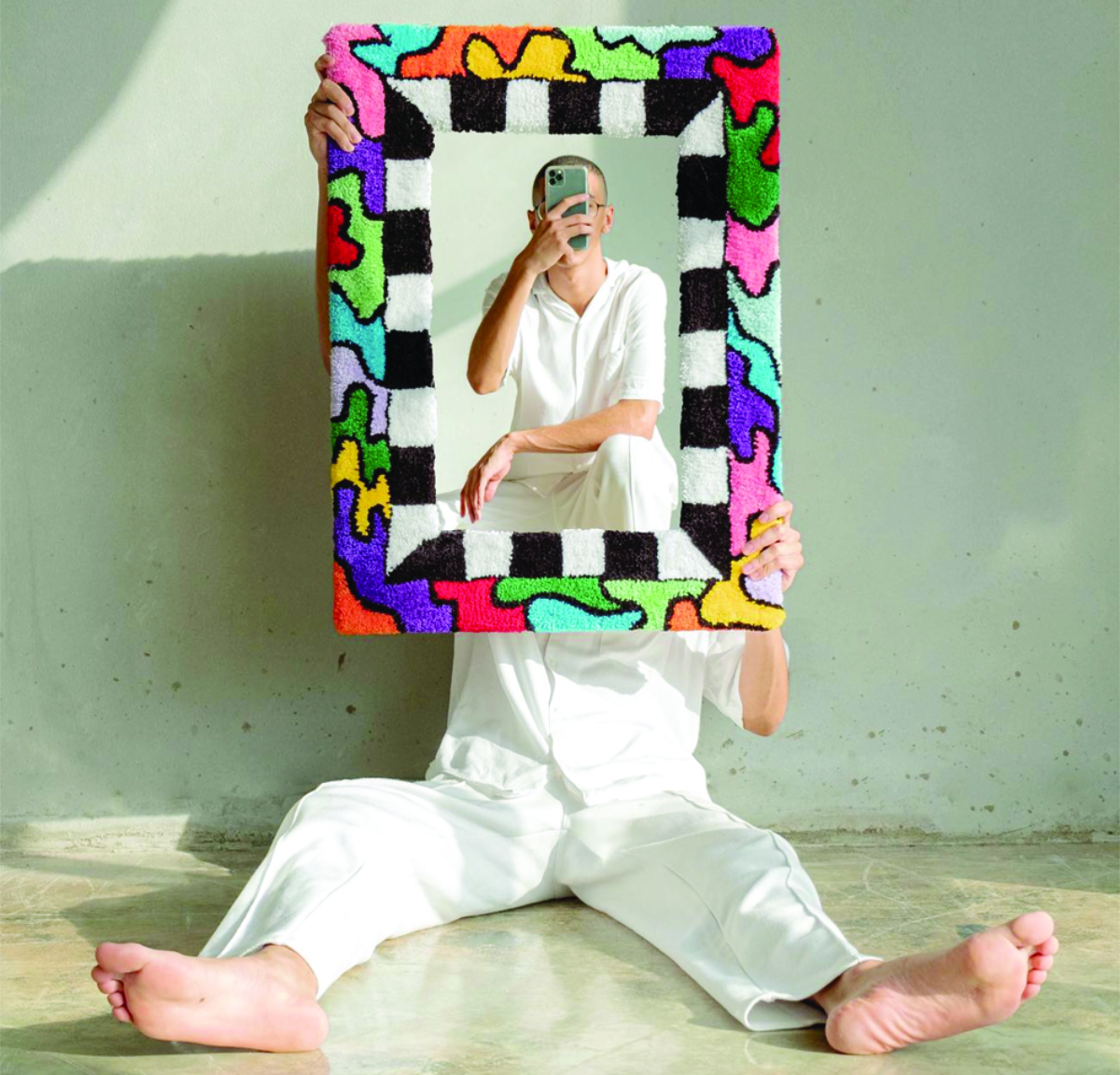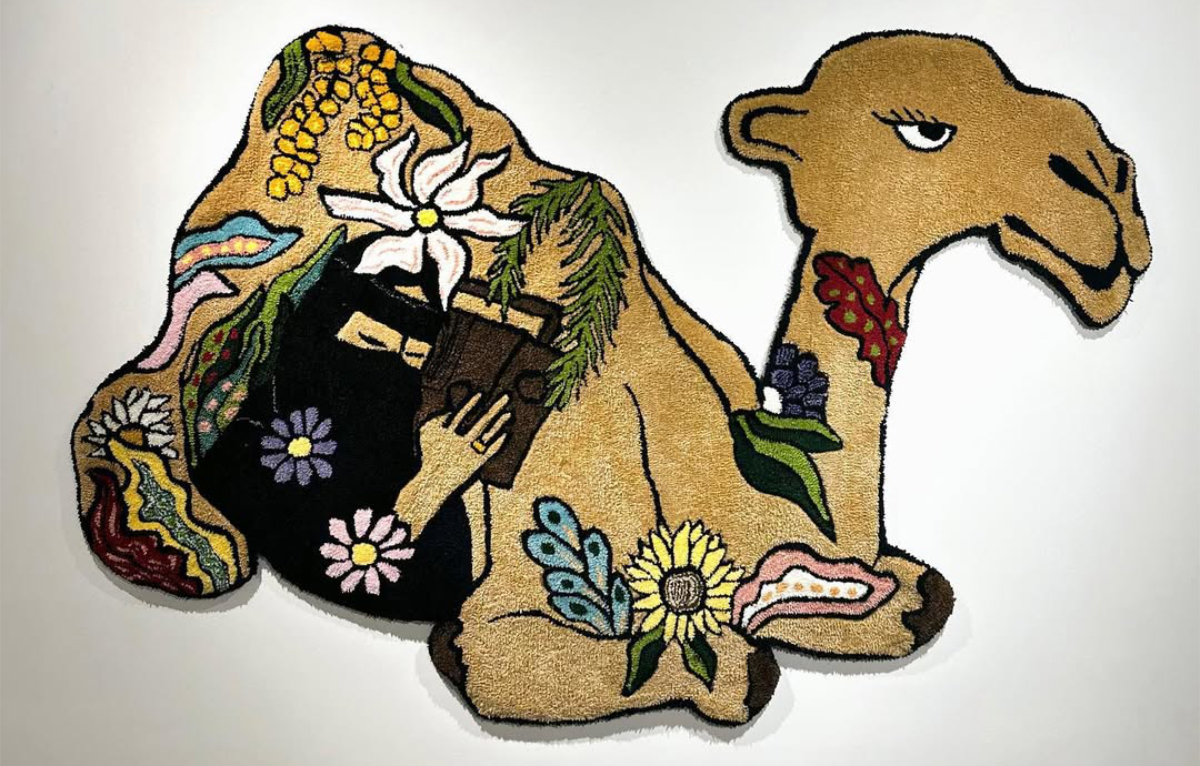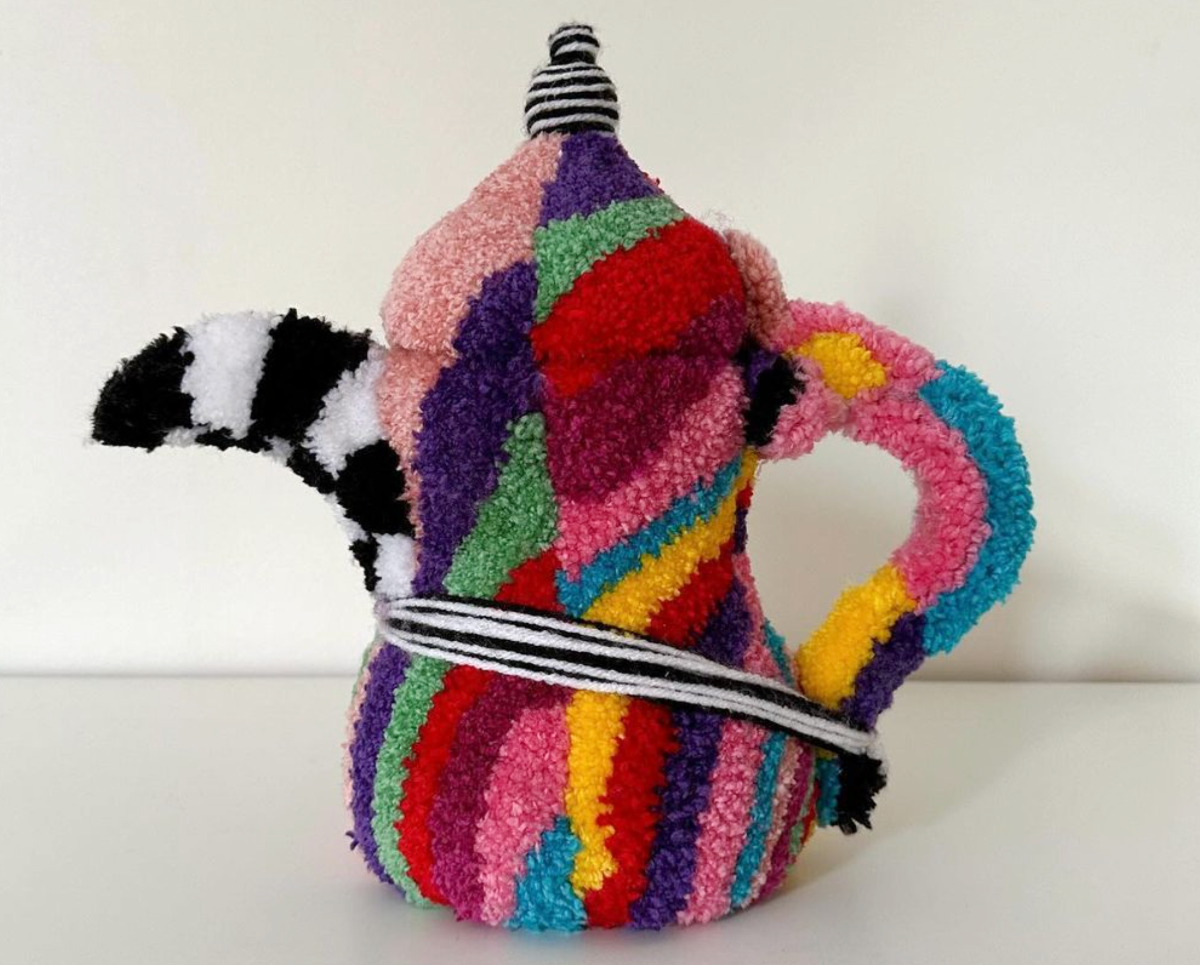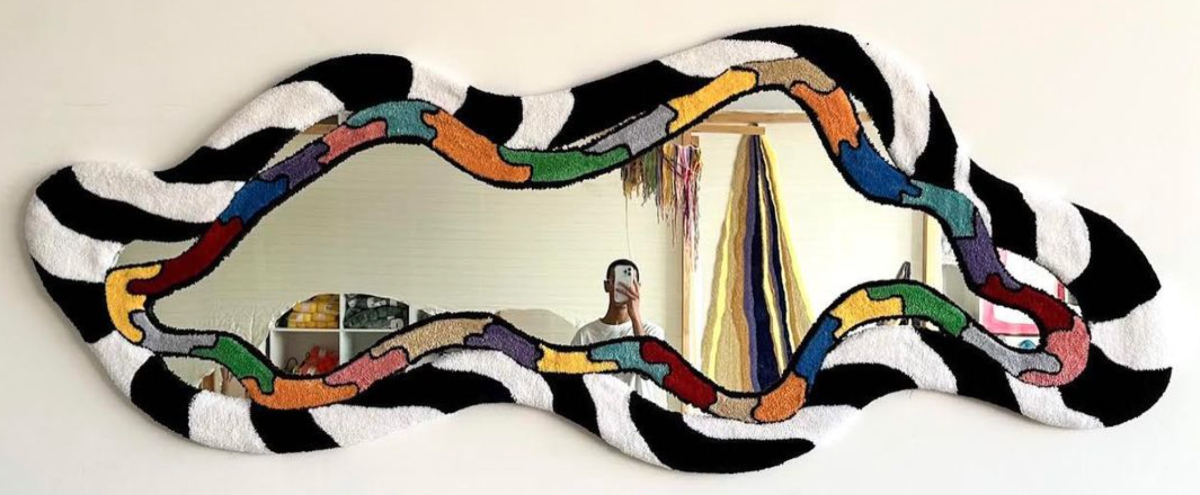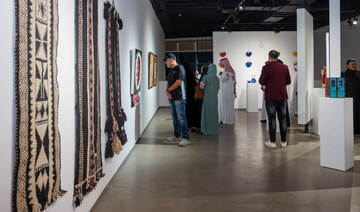JEDDAH: Lawyers and students praised the Saudi Ministry of Education’s decision on Tuesday to ban the use of mobile phones inside of schools.
The new mandate comes a few days after initially allowing phones on campus for the new academic year. But now people caught taking photos or video inside educational facilities could face a fine of SR500,000 ($133,304) or one year in jail.
There are a few exceptions to the rule but the mobile phone ban aims to protect the privacy of more than 6 million students in Saudi Arabia, along with teachers and school employees. The ministry also emphasized that filming inside schools or educational facilities has always been against the law, according to the Public Prosecution Office.
Tala Abdulrahman, a 9th grader, said she would be embarrassed to see a picture of herself posted on social media without her consent and the new rule helps.
“Some girls are mean and they like to make fun of the way some teachers dress or if a girl in class had messy hair,” the 15-year-old told Arab News.
“It is these types of people that I am afraid of. If we cannot prevent bullying, then at the very least, our privacy should not be invaded.”
Rawaa Al-Hadrami, a 7th grader, said that mobile phones are a big distraction from learning and the ban will help students perform better.
“In the end, I go to school to learn. Not to play with my phone, or have someone take photos of me and use their mobiles for harm,” the 12-year-old told Arab News. “If I need to call my parents or siblings, I could simply go to the administration and they would call them for me.”
Waleed Darraj, a lawyer and legal consultant, said the ministry’s new ban “will prevent crimes from happening” in the first place.
“Mobile phones should only be used for necessary circumstances at schools,” Darraj told Arab News. “It is a crime to invade one’s privacy through photos.”
Opinion
This section contains relevant reference points, placed in (Opinion field)
Afrah Al-Harbi, principal of Tamkeen Evolved Institute for English Teaching, said access to mobile phones at school could fall into the wrong hands.
“I am all for banning phones entering the schools,” Al-Harbi told Arab News. “The fine is a good punishment because middle school and high school students are still teenagers. In the end, their juvenile behavior could cause problems.”
When photos or videos of teachers and students spread across social media platforms, it can cause problems, she said.
“Especially in an all-girls school,” Al-Harbi said. “Bullying is very common within this age group, too.”
The school administration can make exceptions to allowing mobile phones at schools. This includes cases where students with health conditions require the use of mobile phones or when employees or students need to share their health status via the Ministry of Health-approved Tawakkalna app.











